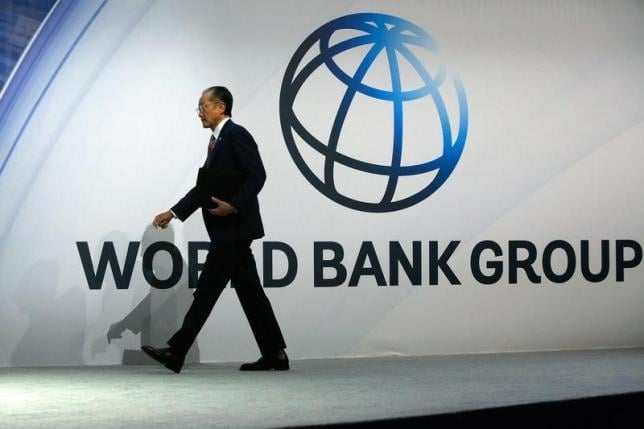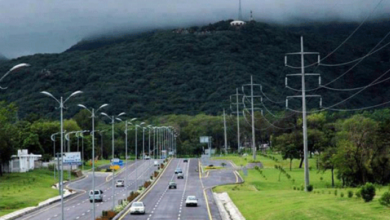WB gives nod to $150m for Pakistan

ISLAMABAD:The World Bank has agreed to provide $150 million to Pakistan — $135 million as a loan for the country’s energy sector and $15 million in the form of a grant.
The objective of the project is to improve and protect the efficiency of the energy sector. Commercial, industrial and residential buildings will be converted from gas to electricity.
An annual saving of Rs2.91 billion has been estimated from the implementation of the project. The construction of energy-efficient buildings will be encouraged. Besides, private sector investment in the energy sector will also be promoted.
Shifting gas consumption to electricity may have been motivated by the continuous decline in gas reserves and supplies. New gas finds have not been there. There is despondency in the gas sector partly because of the law and order issues in the potential gas deposit-containing areas.
Liquefied natural gas (LNG) supply was not there as well because of the international situation, where prices have been unstable and increased to unaffordable levels.
The assumption in substituting gas with electricity is that local energy sources including solar, wind, hydro and Thar coal, which are cheaper and abundant, will be used in generating power.
And if at all, combined-cycle gas-fired power plants will be used, which are efficient and produce cheaper electricity than others.
In the case of household users, rich and well-to-do may be able to shift to electricity much easily than the lower-income groups.
Electrical appliances are expensive. One may think of the high-income group buying induction cookers for cooking but cannot imagine the low-income groups doing so.
For higher-income groups, the options are many including induction cookers, inverter ACs for cooling and heating, roof-top solar and solar water heaters.
Last month, caretaker Federal Energy Minister Muhammad Ali said domestic consumers should expect an increase in the price of gas as the country was suffering a loss of Rs1 billion each day in this sector.
Talking to the media in Lahore, Ali said the interim set-up had received an inherited difference in the gas tariff.
He added that the gas price difference in the country needed to be fixed, for which the calculations had been completed.
The federal caretaker minister said it was the first right to give gas to the province from which it originated.
He maintained that the country’s gas sector was running in losses of Rs1 billion daily and Rs30 billion on an annual basis.
Ali said the companies working on finding gas reserves had left Pakistan. He continued that there was a shortage of gas in the entire country.
The interim federal minister said as the country had entered into an agreement with the International Monetary Fund (IMF), it could not reduce the gas prices but would increase the tariff instead as per the pact with the Washington-based lender.
He pledged that there would be no increase in the gas tariff for the low-income groups.





